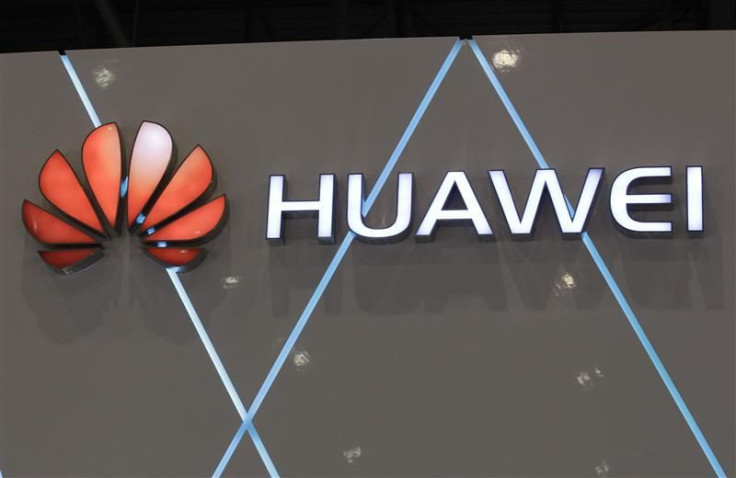Investigation into Huawei’s Business With Iran: What Are the Implications? (EXCLUSIVE)

Last week U.S. lawmakers asked the State Department to investigate if Huawei Technologies Co. had violated U.S. sanctions by providing sensitive technology to Iran. In an exclusive interview with IB Times, Behnam Dayanim, partner and co-chair of the Litigation and Regulatory Group at Axinn Veltrop and Harkrider LLP, has talked about the broader implications of this probe.
Here is an excerpt from the interview.
What are the reasons behind Huawei’s Iran business being probed?
Allegations have been made that Huawei has sold software or related technology to Iranian mobile operators that allow for monitoring of subscribers’ movements and monitoring and interception of their communications. A 2010 U.S. law prohibits the government from entering into procurement contracts with companies found to export “sensitive technology” to Iran. “Sensitive technology” includes technology that is found to restrict the flow of information to or “disrupt, monitor or impair” speech of Iranian citizens.
Huawei has stated that its technology business in Iran could not be used for news censorship. Is there any evidence that Iran has used technology to restrict the speech of the Iranian people?
I’m not aware of anything specific, but I have heard of suspicions that Iran – like other less than free regimes – uses filtering and blocking technologies to restrict access to content it doesn’t like. In addition, I think during the height of the demonstrations, Iran temporarily blocked access to certain social media that protesters were using to organize. That is my recollection anyway.
Can this probe be seen as a step to stop telecommunication companies from doing business with Iran?
Yes. The purpose of the law that is being invoked here was to use the threat of “debarment” (prohibition on doing business with the U.S. government) as a club to deter companies in other countries from doing business in Iran. I am sure that the hope is that this investigation – regardless of its outcome – will deter telecom companies from engaging in certain types of business with Iran. Indeed, Huawai already has communicated an intention to dial back its activities there, and it doesn’t even have any procurement contracts with the U.S. government that are at risk.
Is this investigation a step to further the already existing sanctions in Iran?
As noted above, the probe is an example of the impact of existing sanctions, not really an extension of them.
Is this sanction applicable to Iran alone? What about China, which is also involved in news censorship and restriction of speech?
The law that is being invoked is specific to Iran. It does not provide a mechanism for extending these particular provisions to China or any other country.
What is the process by which this investigation is being conducted?
It is unclear what precisely is being done. Presumably, the State Department is looking into the nature of Huawei’s relationships with Iranian telcos in an effort to determine precisely what it has provided them. How it will do that is unclear, although its efforts may include inquiries of some of those telcos or their affiliated companies. For example, MTN Irancell’s majority parent (I believe) is MTN Group Limited, a South African company. I could envision State asking MTN Group for information, although that is pure speculation on my part.
What could be the potential outcome of the probe?
The sole potential legal outcome is debarment of Huawei from eligibility for federal procurement contracts. In addition, there could be a variety of non-legal implications, including efforts by activist groups to pressure other companies to cease doing business with Huawei and initiatives at the state and local level to cancel any Huawei-related procurements. It could also make it harder for Huawei to gain the necessary clearance for acquisition of U.S. companies in the future and for U.S. companies to utilize Huawei components in their products for fear of jeopardizing their eligibility for U.S. government contracts or projects. (Huawei has experienced difficulty in this regard already.)
© Copyright IBTimes 2025. All rights reserved.





















